Curated by Margherita Fontana and Vanessa Mangiavacca
Elle gives importance to some short works that open the horizon to the inner life of female characters. Let’s not look for clear, slippery and highly outdated definitions such as femininity, feminine point of view, women’s perspective. These are elusive labels which risk limiting, instead of enhancing, the possibilities of expression of individuals. What we have at heart is the intimate and private experience of some people, women and girls, of their bodies, of their feelings and of their places. Gender – as the first century of feminist fights and feminist thought teaches us – is a social construct; it doesn’t depend on basic features of women and girls who, in their lifetime, have learned to be such in the society in which they live.
Through short films taken from international productions, the thematic focus shows some of the experiences based on the “journey” of becoming little girls, girls and women.
We hope that the view of the authors of the selected works will provide an alternative insight into many stereotypes that pollute the debate on the women’s issue in the West post #MeToo.
I film selezionati
a cura di Margherita Fontana e Vanessa Mangiavacca
#21XOXO by Sine and Imge Ozbilge, Belgium, 2019
CARNE (FLESH) by Camila Kater, Brazil, 2019
END-O by Alice Seabright, UK, 2019
EVELYN by Nina Yuen, USA, 2019
EYES ON THE ROAD by Stefanie Kolk, The Netherlands, 2019
HOT DOG by Marleen Valien, Alma Buddecke, Germany, 2019
JUCK (THRUST) by Olivia Kastebring, Julia Gumpert, Ulrika Bandeira, Sweden, 2018
WHAT DO YOU KNOW ABOUT THE WATER AND THE MOON by Jian Luo, China, 2018
#21XOXO
Feminism has not always focused only on women, on the contrary, it has always stood out as a thought that can problematize everyone’s body. What remains of our flesh wrappers, sexual attraction, our friendships and love stories in the age of social media and post-internet? This is the question the Özbilge sisters ask themselves with #21XOXO: a daring experimental animated short film. We are faced with a nihilist homage to our contemporaneity in which the protagonist is a young woman who seems to live in an IKEA showroom tossed, disassembled and reassembled in the whirlwind of social networks and dating apps. The spectator is transported on a psychedelic journey that winks at so many visual trends on the web, from memes to vaporwave.
CARNE
My body is always in question.
With her first short film, Camila Kater creates an intelligent and well-finished fresco of the female body and its inevitable development. The director uses the pejorative and widespread comparison with flesh (hence the title) to show masterfully and carefully the stages of the body, each of which corresponds to a different cooking mode. The work is divided into five chapters that follow one another in a diachronic way. Each of them offers an intimate and sincere inside view, five personal experiences that reflect being a woman in today’s society, taking into account age, race, sexual orientation, gender identity, profession. Each one is made with a different technique (animation, painting, watercolours, stop motion, film) in synchrony and harmony with the narration: different profiles merge into a unique picture of woman as a sign of protest against the objectification of the female body which, unfortunately, is universal.
END-O
Jaq is at the hospital to help the sister who is about to undergo a hysterectomy. They both have endometriosis. Jaq is an angry woman who is on her way back from an elegant date which does seem to have been sabotaged by her own endometriosis. This circumstance, characterised by tragicomic implications, offers the opportunity to talk frankly about this pathology but also grants some laughter. End-O is a brilliant comedy that speaks openly of endometriosis, a deceitful and debilitating disease that affects one in ten women, often underestimated for its elusive nature and so related to female physiology – ¬for reasons that no one can explain yet, the tissue of the uterus begins to grow out of its natural place. On average, seven and a half years pass before a woman receives the correct diagnosis. Far from being a didactic and educational product, the short film has the privilege of tearing the veil of silence that surrounds this widespread female problem.
EVELYN
Evelyn is an intimate tale on the authoress’ genealogical roots that performs a gender change of the explorer’s male tradition. While carrying out this intent, the director Nina Yuen seems to be wearing the shoes of the explorer herself to investigate the radical potential of fragility and rounded shapes. What makes its way is the idea, a disturbing one for the patriarchal world, that the reversal not only offers new opportunities but is not ironic.
EYES ON THE ROAD
In a messy car, reflexion of tumults, chaos and personal anguishes, three young girls in their twenties are on their way back from a festival. With Eyes on the road Stefanie Kolk has created a micro reality, easy to identify, and much credit for that goes to the acting of its main characters: far from voyeuristic intents, the images follow expressions and gestures step by step. Fitting into the ordinary everyday life dotted with fleeting emotions and uncertainties, the Dutch director introduces, without impetuosity, a subject that is as delicate as it is difficult to handle by those three characters, so different but still so close to each other: rape. Eyes on the road is primarily a film about friendship capable of celebrating strength, complicity and empathy of women’s bonds with a rare simplicity.
HOT DOG
The hot dog, symbol par excellence of the male phallus, is borrowed for a quick anatomy lesson on the female reproductive system. A fresh and pop note, this short film is an open letter to the female organ, an inner monologue in which the sexual and intimate vicissitudes of the young protagonist are retraced ironically and frankly, while offering a consideration of how we are surrounded by elements and objects that constantly lead us back to sex and its parts, without really knowing them. An unpretentious reflection on the vagina, that thing you may have heard about, great puzzle and source of unlimited joy.
JUCK
The directors Olivia Kastebring (Silvana, 2017), Ulrika Bandeira and Julia Gumpert make a rhythmic documentary, bordering on the videoclip, in which timing is emphasized and stressed by furious pelvic moves in slow motion. The woman’s pelvis, the symbol of fertility and procreation, becomes the tool to draw attention, creator of provocative energy that invades the public space; dance, seen as collective ritual, primitive and complicit, is a mental, physical and corporal redemption. Male elements such as high and pronounced cheekbones, the tie and the kilt are legitimized in the name of a freedom that goes beyond gender symbolism and invites to a new idea of femininity that, free of conditioning and labels, is pure expression of one’s inner desire.
WHAT DO YOU KNOW ABOUT THE WATER AND THE MOON
A young girl undergoes a pharmacological abortion but, instead of expelling the foetus, she ends up with a small, gelatinous, white jellyfish that will accompany her in a silent journey through a Chinese metropole floating in a sinuously shaped vase. Presented in 2019 in Clermont Ferrand, the short film by the young Chinese director Jian Luo is a metaphoric, delicate and moving fable that tells, in the words of the director, “an unspeakable fear addressed to nobody in particular but rooted in a social underground current”. It is about the anxiety that women experience in their lifetime living in patriarchal societies.

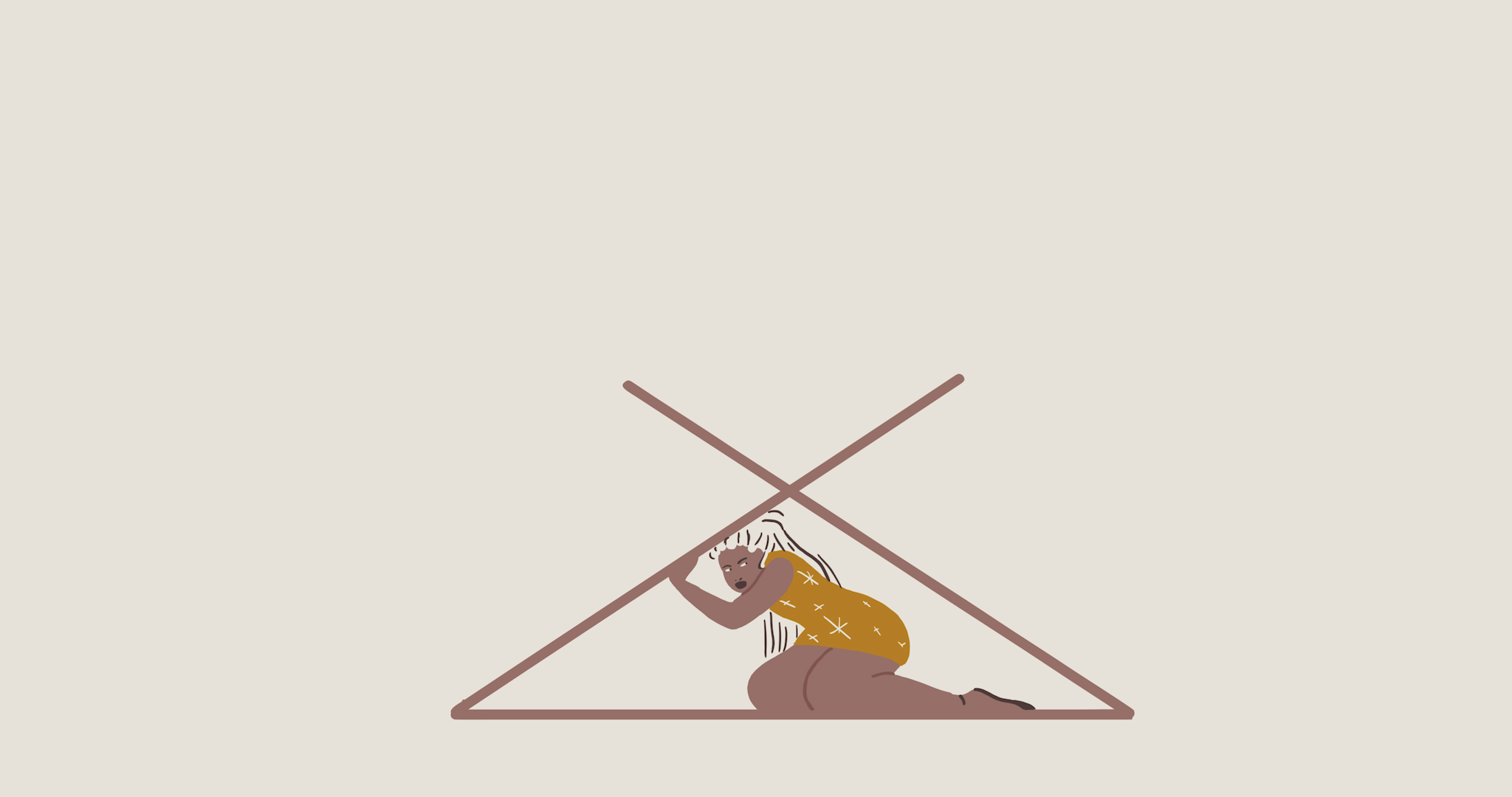
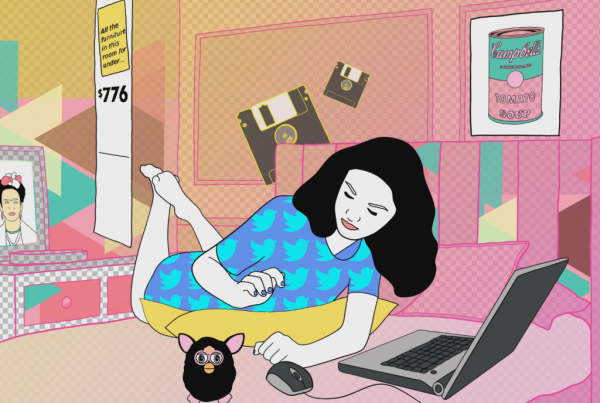
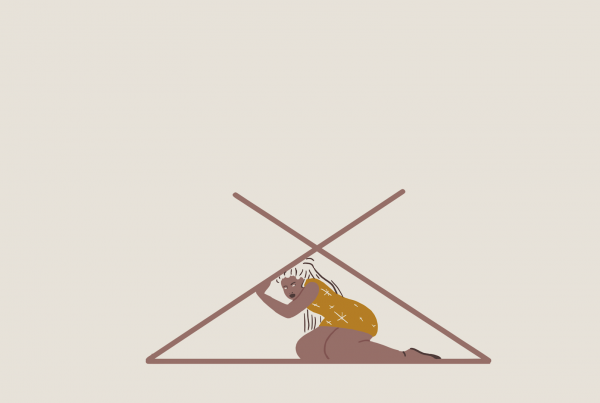
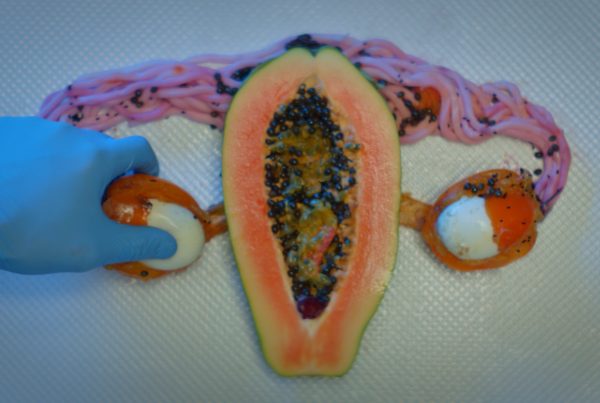
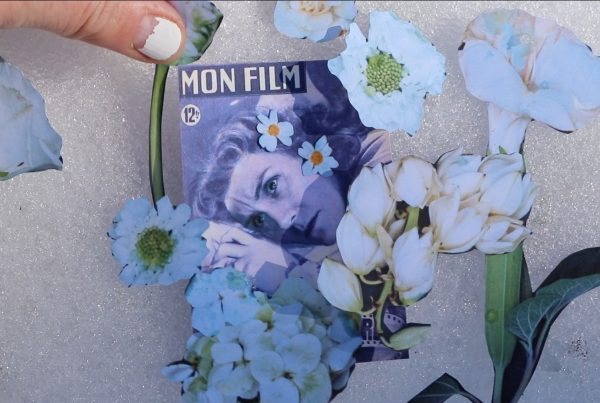
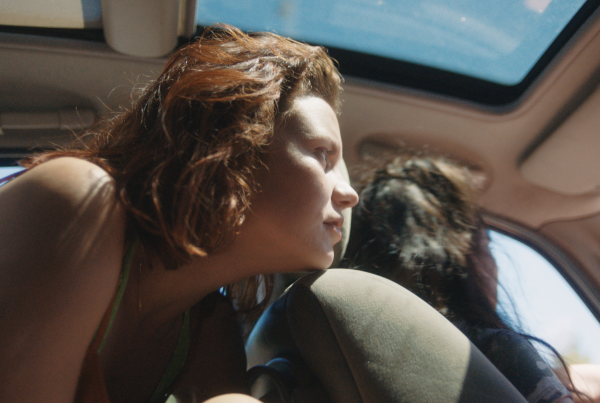
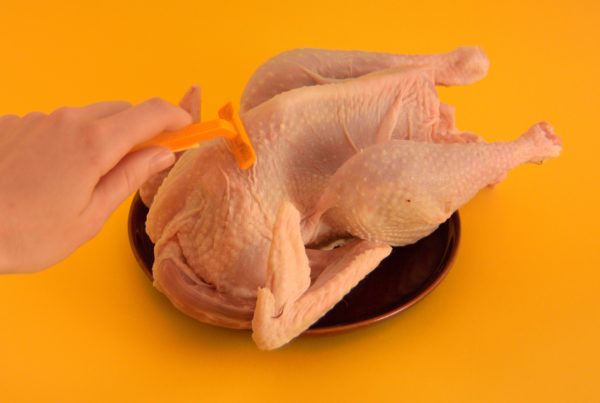
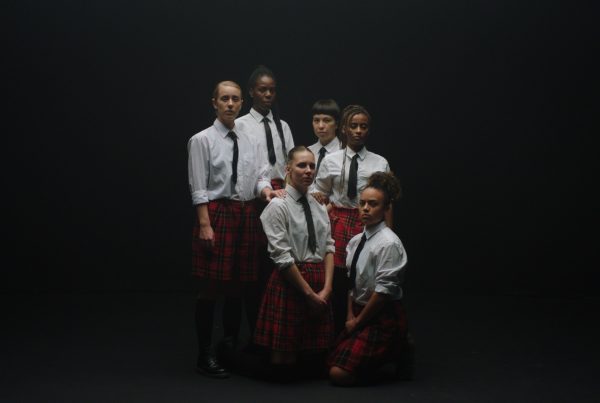
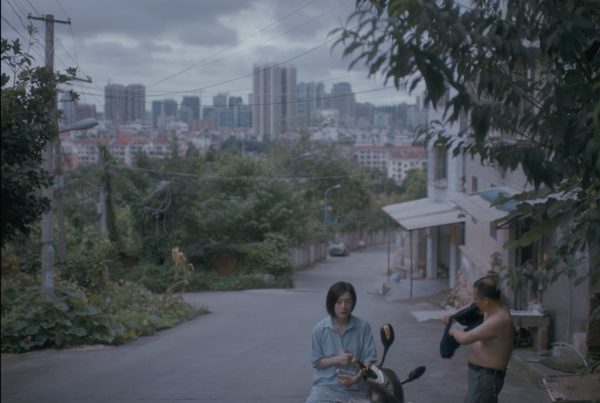

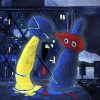




Commenti recenti